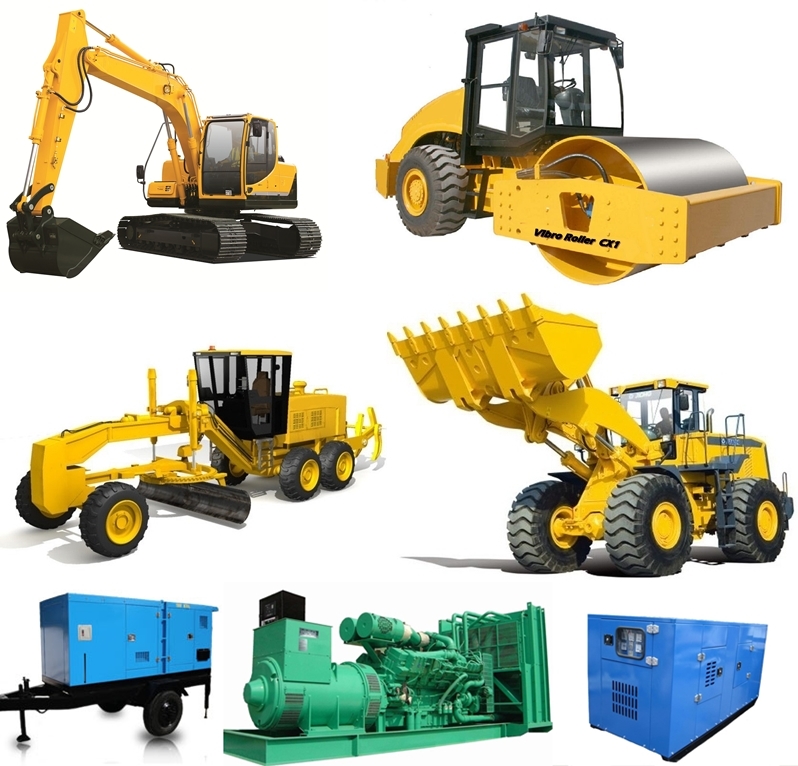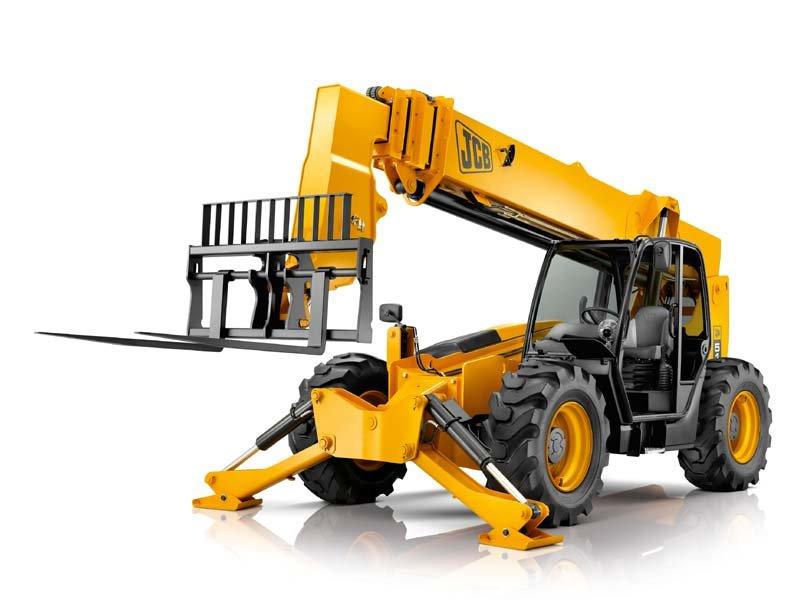Construction Equipment Rentals: Sturdy Equipment for Your Tasks
Construction Equipment Rentals: Sturdy Equipment for Your Tasks
Blog Article
Maximize Your Budget by Understanding the Costs Related To Building And Construction Devices Rentals
Recognizing the complete range of prices associated with building and construction tools rentals is essential for maximizing your budget plan. What approaches can be utilized to properly manage these costs and make sure a much more reliable rental experience?
Introduction of Rental Expenses
When taking into consideration construction equipment services, comprehending the linked prices is paramount for efficient budgeting and job planning. Rental prices can differ substantially based on numerous aspects, including devices kind, period of rental, and area. The initial rental cost commonly shows the devices's market demand and its associated operational capacities, affecting the overall cost.
Along with the base rental rate, secondary prices may arise, such as transport charges, fuel surcharges, and maintenance fees. It is vital to make up these added costs to accurately examine the complete price of renting devices. The rental period can impact rates; longer rentals may qualify for discounted rates, while temporary leasings may sustain greater daily fees.

Breakdown of Rental Prices
A thorough understanding of rental rates is crucial for specialists and project managers intending to enhance their budget plans. Rental rates for building and construction tools commonly are composed of numerous components, including base rates, time-based charges, and usage costs.
Base prices are the core charges linked with the service of the tools, commonly identified by the kind and size of the equipment. These rates can vary dramatically, affected by elements such as equipment need, schedule, and regional market patterns. Time-based charges, which might be daily, weekly, or monthly, offer to fit different job timelines and rental durations.
In addition, rental prices may include usage charges, which are appropriate when equipment is utilized beyond a specified threshold, making certain that the rental business can represent wear and tear. Seasonal need variations can additionally impact rental rates, with peak building seasons normally regulating higher rates.
Moreover, comprehending the rental company's policies relating to maintenance and insurance coverage can supply more insight right into the general price framework. By analyzing these components, professionals can make educated decisions, guaranteeing the option of rental equipment lines up with both project needs and spending plan restraints.
Added Charges to Take Into Consideration
Recognizing the details of additional charges is crucial for service providers to handle their total leasing expenditures efficiently. Beyond the basic rental prices, numerous auxiliary fees can significantly affect the overall cost of equipment service. These fees typically include shipment and pickup costs, which can differ based on distance and logistics involved in transferring the tools to and from the task website.
In addition, some rental business might enforce fuel surcharges if the equipment is returned with much less gas than when leased. It is likewise important to recognize prospective cleaning costs, specifically for specific tools that needs extensive upkeep after usage.

Thoroughly assessing the rental contract and making clear these extra costs upfront can help service providers avoid unforeseen costs and make certain that budgets stay undamaged throughout the job lifecycle.
Upkeep and Repair Service Expenditures
Normal repair and maintenance expenses are often overlooked elements that can significantly influence the total price of construction devices leasings. When renting tools, it is crucial to take into consideration not just the rental fees tractor with bucket and backhoe but likewise the possible costs connected with maintaining the machinery in optimum operating problem.
Numerous rental companies consist of standard upkeep as part of the rental arrangement; nevertheless, a lot more unexpected break downs or considerable repair services can bring about extra expenses. It's necessary to review the rental agreement thoroughly to understand what maintenance services are covered and what duties drop on the renter.
Furthermore, equipment that is not well-kept can cause inadequacies at work website, potentially causing hold-ups and boosting project costs. To mitigate these dangers, it is advisable to perform regular evaluations and preserve open communication with the rental supplier relating to Full Report any type of concerns that develop during use.
Insurance Policy and Obligation Expenses
Insurance coverage and responsibility prices are important parts that can considerably affect the overall cost of building equipment services (scissor lift rental). These costs ensure that both the rental business and the client are protected from possible monetary losses emerging from crashes, damages, or burglary throughout the rental duration

Furthermore, clients ought to understand any deductibles or exclusions in the insurance plan, as these can affect potential out-of-pocket costs. Understanding the terms of any insurance coverage is important to stay clear of unexpected prices. Eventually, budgeting for insurance coverage and liability expenses can assist guarantee a smoother rental experience and protect against economic risks related to building and construction tasks.
Final Thought
In conclusion, an extensive understanding of the costs associated with construction equipment rentals is essential for reliable budget administration. Eventually, notified decision-making regarding tools leasings contributes to the total success of building ventures.
Rental expenses can vary significantly based on numerous variables, including tools kind, duration of rental, and place (equipment rental company). The rental duration can impact pricing; longer services may qualify for reduced prices, while short-term leasings may incur greater day-to-day fees
By carrying out comprehensive research and involving with reputable rental business, professionals can successfully navigate the complexities of rental prices, ultimately maximizing their monetary sources.
Beyond the conventional rental rates, various auxiliary fees can dramatically affect the overall expense of equipment service. Rental companies often supply obligation insurance policy that covers injuries to 3rd events or damage to residential property, while devices damages insurance coverage can cover the price of repair work or replacement if the leased sell construction equipment equipment is harmed.
Report this page